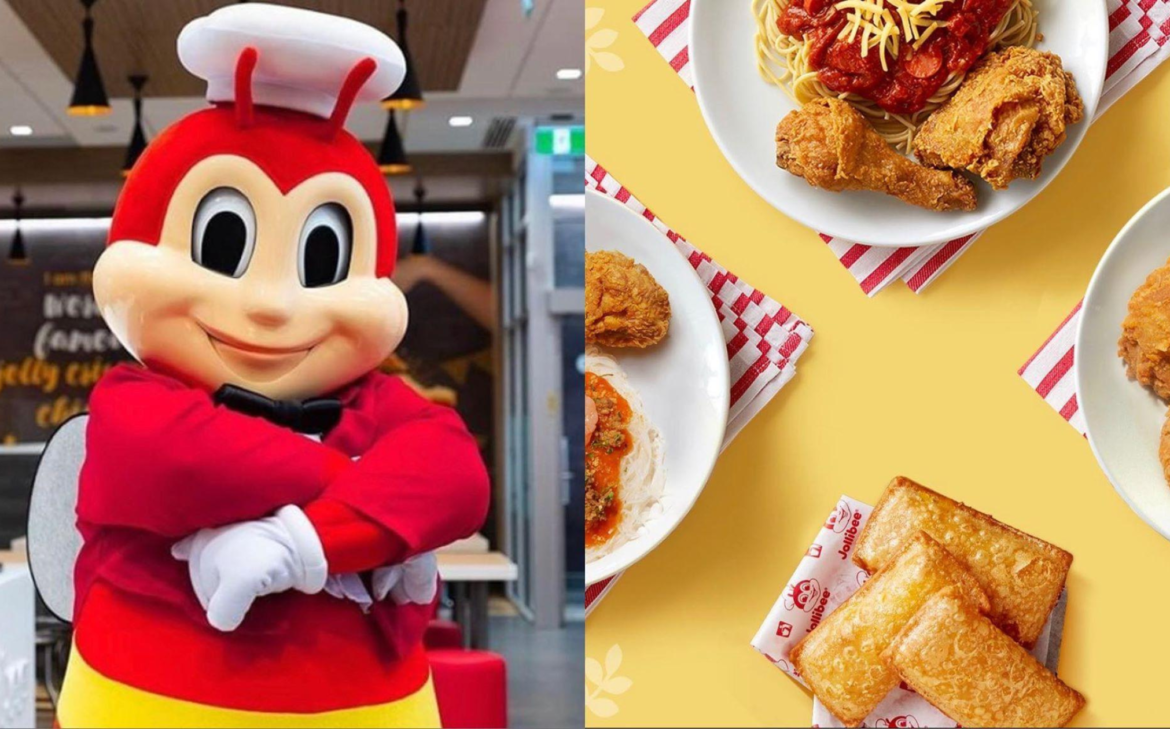In the global fast-food industry, certain brands have not only survived but thrived thus becoming household names and success stories. One remarkable example is the Jollibee Foods Corporation, a Filipino multinational chain of fast-food restaurants that has captured the hearts and taste buds of millions worldwide. This success story is a testament to the company’s resilience, innovation, and understanding of its target market.
Founding and Early Years
Jollibee Foods Corporation was founded in 1978 by Tony Tan Caktiong in Manila, Philippines. Starting as a simple ice cream parlor, the business quickly evolved into a full-fledged fast-food restaurant, introducing its iconic bee mascot named “Jollibee.” The company’s commitment to serving affordable and delicious meals with a Filipino touch resonated well with the local community.
Expansion and Market Dominance
What sets Jollibee apart from other fast-food chains is its ability to adapt and tailor its menu to local tastes while maintaining a consistent brand identity. The company’s menu features a fusion of Western and Filipino flavors, offering a diverse range of dishes from the famous Jolly Hotdog to the signature Chickenjoy fried chicken.
Jollibee’s expansion beyond the Philippines began in the 1980s, with the first international store opening in the United States in 1998. Today, the corporation has a global presence with branches in Asia, the Middle East, North America, Europe, and Australia. The strategic expansion into diverse markets allowed Jollibee to become a formidable player in the international fast-food arena.
Key Success Factors
1. Innovation in Menu Development
Jollibee constantly innovates its menu to cater to local preferences. This approach has helped the company create a unique identity that sets it apart from other global fast-food giants.
2. Emphasis on Quality
The quality of ingredients and the consistency in taste have been pivotal in building and maintaining customer trust. Jollibee’s Chickenjoy, in particular, has become a symbol of excellence in the fried chicken category.
3. Cultural Relevance
Jollibee incorporates local cultural elements into its branding, advertising, and menu items. This cultural sensitivity has enabled the company to connect with customers on a personal level.
4. Community Engagement
Jollibee actively engages with local communities through various initiatives, fostering a sense of belonging and loyalty among its customer base.
Challenges and Adaptations
Despite its success, Jollibee Foods Corporation has faced challenges, particularly in entering markets with established fast-food cultures. The company has navigated these challenges by embracing a flexible approach, learning from each market’s unique demands, and adapting its strategies accordingly.
To conclude, Jollibee Foods Corporation serves as an inspiration for businesses aiming to make a mark in the global market. Through a blend of innovation, cultural sensitivity, and a commitment to quality, the company has not only become a symbol of Filipino pride but has also carved out a significant space for itself in the fiercely competitive world of fast food. As Jollibee continues to expand and evolve, its journey remains a beacon of success for aspiring entrepreneurs and a testament to the power of understanding and catering to the diverse tastes of consumers worldwide.
Franchise Flow is a cutting-edge web-based system created by LYB I.T Solutions, aimed at optimizing and boosting the operational effectiveness of both franchisors and franchisees. This comprehensive platform offers a vast array of capabilities that enable franchise owners to make well-informed choices, boost their revenue, and enhance their business performance by streamlining sales, inventory, and financial management.








